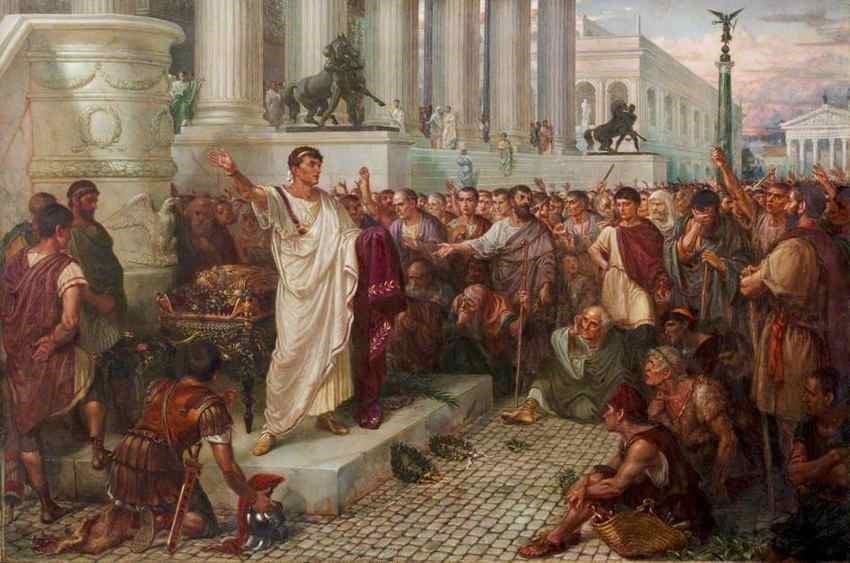
Changing the Law in the Early Roman Empire
NYU Michael Peachin
October 23, 2020 · 12:00 pm—1:20 pm · via Zoom
Program in the Ancient World

Down to the time of Augustus, testamentary trusts (fideicommissa) were informal instruments. That is, the testator depended upon the good faith of the heir to carry out any such trust. Under Augustus, these arrangements were made (in our terms) legally binding. So, if a designated heir accepted an inheritance, to which a fideicommissum was attached, that heir had to carry out the stipulations of the trust. In the modern literature, one reads simply that Augustus made this change. However, the story of how this all came about happens to be preserved in two passages from Justinian’s Institutes. These two texts provide us with a fairly detailed description of the circumstances that generated this legal innovation; and this is a fascinating example of how law might be made in ancient Rome.
Michael Peachin is a member of the Classics Department at NYU. He has published mainly on issues of Roman political and administrative history, social history, and in more recent years, legal history. His current project is a book which will argue that the law of the Roman jurists, which now resides principally in Justinian’s Digest, was, in its original instantiation, a body of literature about law. Thus, what we habitually interpret as statutory law, was in its first life something that we would call literature. This means that we should think very seriously again about just what those jurists were attempting to achieve, altogether, when they composed those books about law. For this will have consequences with respect to just what the Romans wanted from their law.
To receive the Zoom Link please email Barbara Leavey, Program Manager blleavey@princeton.edu















